Dr Roopali reminisced when the iconic Beatles came to Rishikesh at Maharishi Mahesh Yogi’s ashram in the late 60s. They announced giving up recreational drugs— thirty Beatles songs, clashes and more – an exclusive for Different Truths.

Deeply embedded in our cultural consciousness as Hindus is the river, Ganga. It is to the Ganga that we carry the ashes of our dear departed. The knowledge that one day, we too will find our way to the rushing swirling glacial waters of the Ganga offers us immense peace.
Rishikesh finds itself on the banks of the river Ganga in the northern Indian state of Uttarakhand in the Himalayan foothills. The river Ganga is considered the holiest of all Indian rivers.
Rishikesh is renowned as a centre for the study of yoga and meditation. Temples and ashrams (centres for spiritual studies) line the eastern bank. This is a traffic-free, alcohol-free complete vegetarian enclave upstream from Rishikesh town.
Rishi is the Sanskrit word for “Sage”, and “Kesh” is hair. The myth of the Ganga pouring out of Shiva’s locks is how I thought it had its name. But all-knowing Wikipedia reveals, “it is believed that when Raibya Rishi undertook rigorous penance, God appeared in the form of Hrishikesh and henceforth this area came to be known as Rishikesh.”
The starting point for the Hindu Char Dham pilgrimage, which includes the Yamunotri, Gangotri, Kedarnath and Badrinath, begins here.
The starting point for the Hindu Char Dham pilgrimage, which includes the Yamunotri, Gangotri, Kedarnath, and Badrinath, begins here. Shiva statutes and idols abound.
In 1968, Rishikesh became an international hotspot because of the famed British rock band The Beatles! John Lennon, George Harrison, Paul McCartney, and Ringo Starr put this sleepy Himalayan town into the tourist spotlight.
They travelled to Rishikesh to participate in transcendental meditation at the ashram of Maharishi Mahesh Yogi. Liverpool’s four famous rock singers made their way to this quiet retreat in the Himalayas.
Beatle Mania had hit urban India too.
Beatle Mania had hit urban India too. We bought long-playing records of their songs and sported Beatle hairstyles. And they chorused Yeah-yeah-yeah – their signature refrain. We figured that Maharishi Mahesh Yogi, the transcendental meditation Guru, taught mindfulness to a jaded western society.
The Beatles were on top of the vast music popularity chart. They needed to get away from the screaming teenagers at all their live shows to “find” their true selves. Beatle mania was driving them crazy. Immense wealth and fame were a disturbance to their creativity.
Maharishi Mahesh Yogi began popularising transcendental meditation in the 1960s. The Krishna Consciousness movement was beginning. Journeys were happening. Gurus from India travelled to the West, and Westerners travelled to India.
The Beatles announced they were going to give up recreational drugs. The declaration brought them a great deal of media attention. Given their God-like status, this had a massive impact on their teenage fans. Hallucinatory drugs like LSD became taboo.
Lennon said: “We wrote about 30 new songs. Paul must have done about a dozen. George says he’s got six, and I’ve written 15. And Ringo’s his first song!
Many songs became part of the White Album, while others appeared on Abbey Road in 1969 or on solo records.
Their presence at Maharishi Mahesh yogi’s ashram brought other Hollywood stars like Mia Farrow and her sister Prudence to Rishikesh.
Their presence at Maharishi Mahesh yogi’s ashram brought other Hollywood stars like Mia Farrow and her sister Prudence to Rishikesh. Soon, hippies and others began to also make a beeline for Rishikesh.
In a review for The Guardian of Ajay Bose’s documentary The Beatles in India 2021, Peter Bradshaw said, “through the group’s incorporation of Indian music in their work and their visit to Rishikesh,” the Beatles “used their colossal influence, greater than any politician or movie star or religious leader, to direct the world’s attention to India, a country, which until then had been opaque for many in the West.”
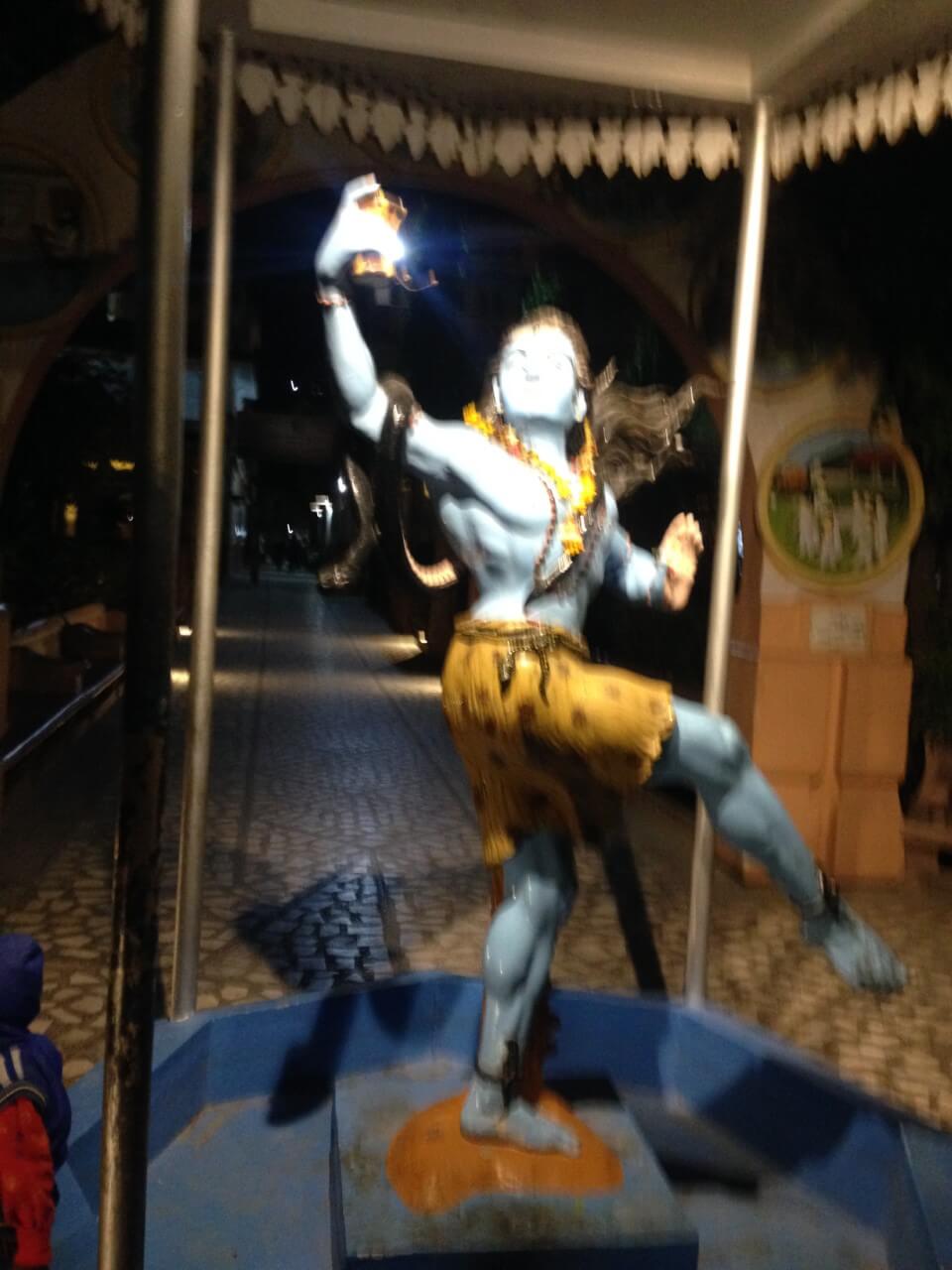
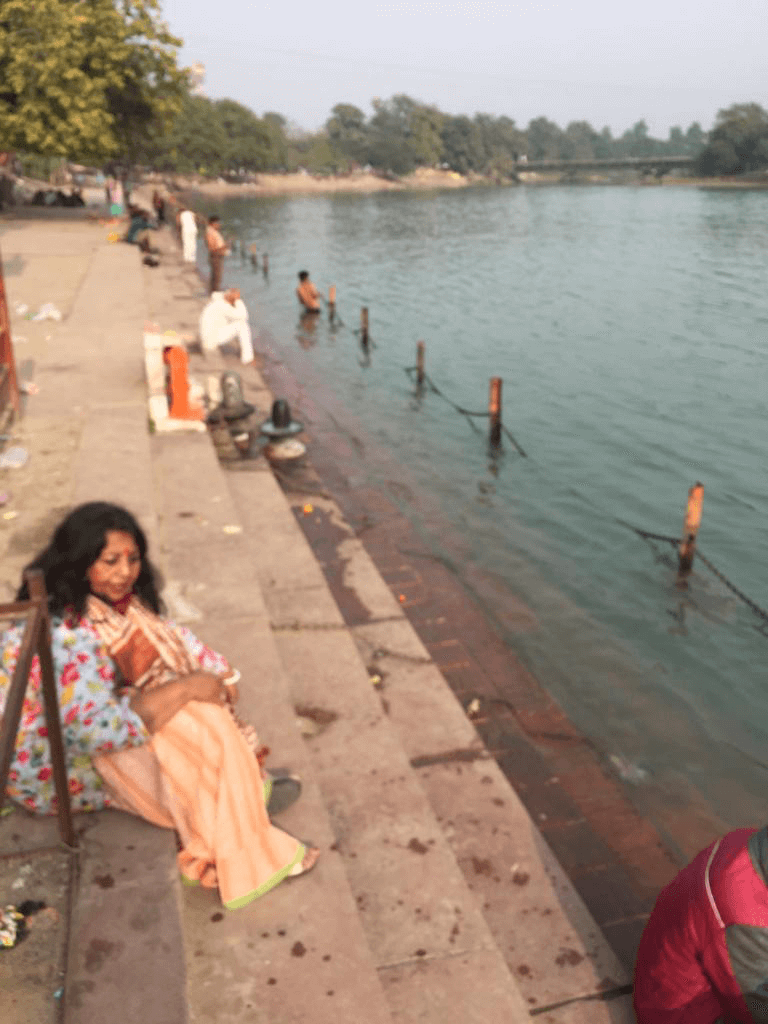
Author Philip Goldberg called The Beatles’ stay in Rishikesh “the most momentous spiritual retreat since Jesus spent those forty days in the wilderness.” The 1968 retreat of The Beatles in Rishikesh is the subject of Paul Saltzman’s documentary Meeting the Beatles in India 2020.
“The Beatles were the avatars for our generation,” Saltzman said. Their trip East “opened the floodgates of interest in travel and meditation and yoga and the spiritual life for millions of people worldwide who knew nothing about Rishikesh and meditation.”
John Lennon and George Harrison were more inclined than Paul McCartney and Ringo Starr. They found the place freakish and wanted to light it out of it as fast as they could. They found the food difficult to digest. Ringo Starr brought along large amounts of canned beans in his luggage.
Soon stories of the Guru trying to molest Mia Farrow began to make rounds. A disillusioned and disgusted John Lennon quarrelled with the Guru about this.
Slowly the glamour of spirituality associated with the Maharishi was wearing off. Soon stories of the Guru trying to molest Mia Farrow began to make rounds. A disillusioned and disgusted John Lennon quarrelled with the Guru about this. Meanwhile, we read Mia Farrow’s sister Prudence was over meditating and going into a trance. Concerns were rising!
The Beatles’ famous White Album, a product of their visit, includes a song called “Sexy Sadie” that refers obliquely to the Guru’s misconduct. “Dear Prudence” is another product of their stay in the ashram. The Beatle Guru Maharishi Mahesh Yogi became wealthy and moved to Switzerland, where he died in 2008.
The ashram gradually became overgrown with grass, and the building turned dilapidated. Fifty years later, there is an effort to repair and reclaim this “sacred” spot where the great all of music lived for a while. For Beatles fans and music, coming here is a pilgrimage of sorts.
Visitors write about the peace that descends on them during their visit to the ashram. Remnants of graffiti and the remarkable fact that The Beatles wrote most of their songs here is thrilling in and of themselves.
Quite late into the 1970’s hordes of hippies roamed around in Rishikesh. Some were naked to find themselves. The police didn’t take kindly to that, nor did the residents.
Local yoga teachers married their students and left for greener pastures.
Local yoga teachers married their students and left for greener pastures. Yoga centres were opening even in faraway China!
Thirty kilometres from Rishikesh is the famous Neel Kanth Mahadev temple dedicated to Lord Shiva. An elegant hotel near the temple welcomes both devotees and tourists. The Rajaji National Park houses the temple complex.
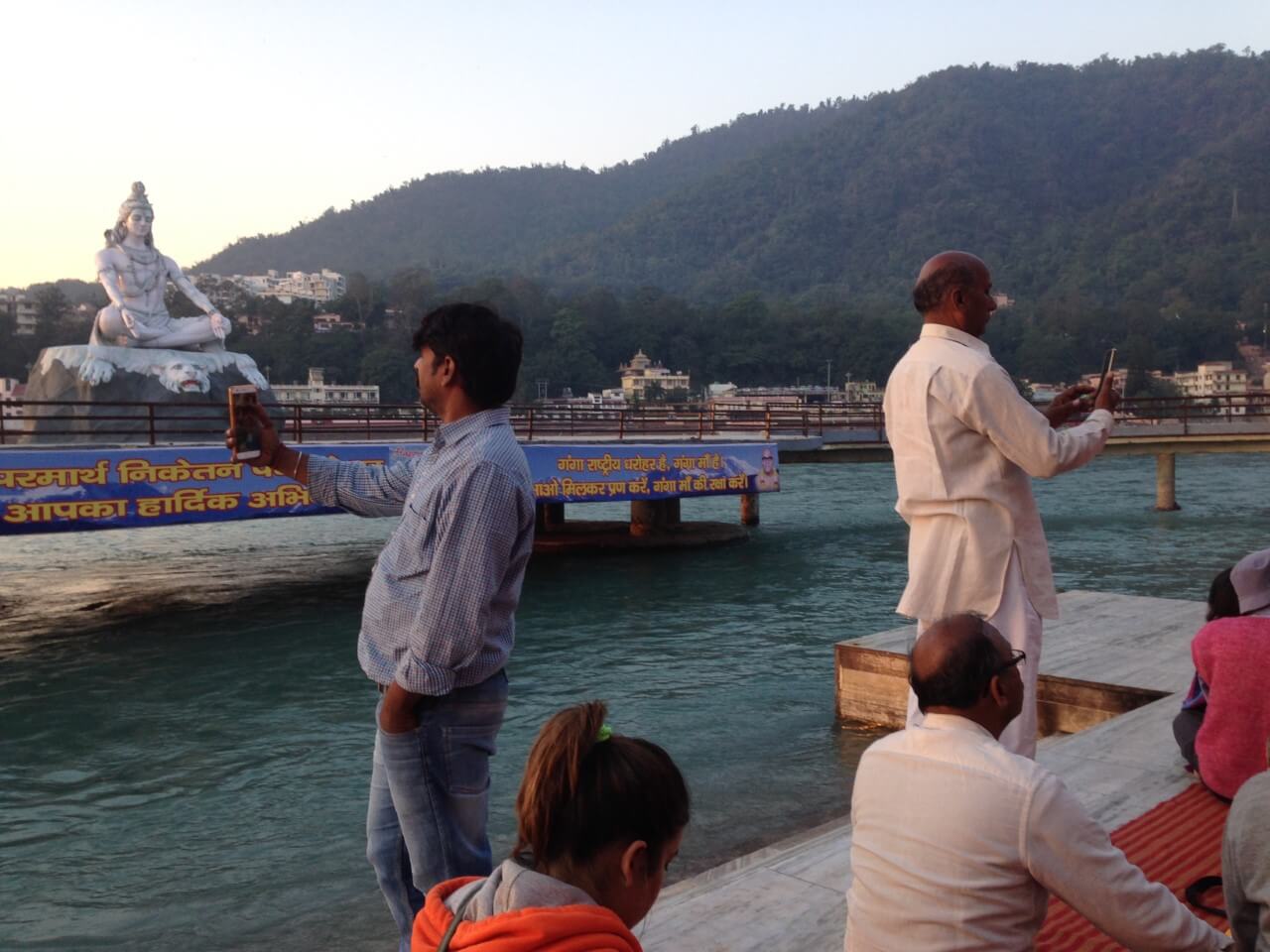
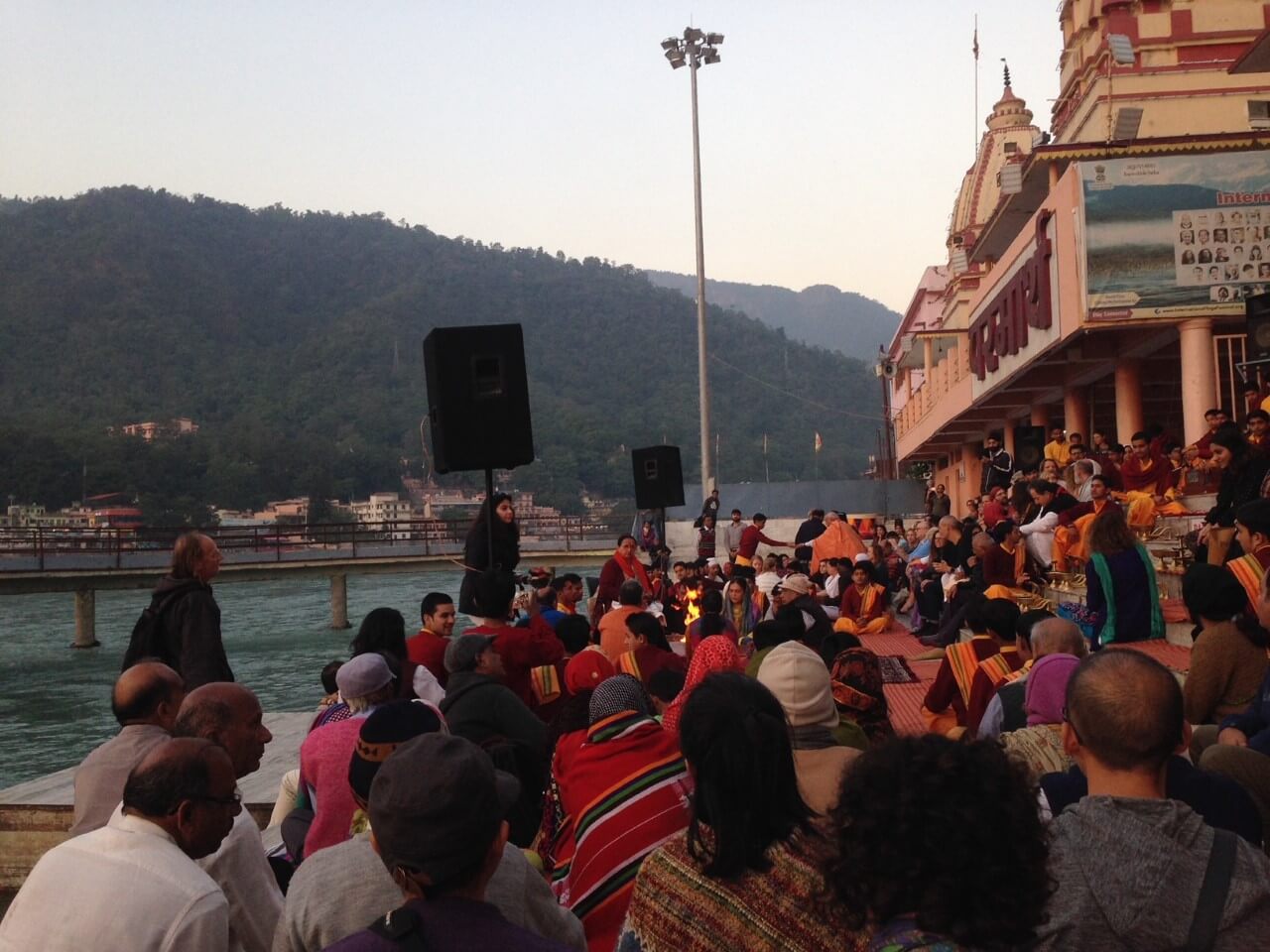
Shiva ingested the poison revealed from the Samudra Manthan (churning of the Sea) and seared his throat and neck. The Dravidian style of temple architecture influences the temple architecture. It was built in the 10th century by Udayaditya, nephew of King Bhoj. The construction took 21 years.
A trip to Rishikesh is a journey to continuity of culture.
A trip to Rishikesh is a journey to continuity of culture. Here the river is clean, and the banks are vast. And every evening, the river Ganga is worshipped at the Parmarth Ashram and the Triveni ghat.
This worship “aarti” is similar to the one at Varanasi but unique in its stillness. The river is not cluttered with ghats and crowds. It’s easy to connect intimately with the hills and the clear water.
The holy Ganga becomes one with us. We embrace nature and primaeval self. As we witness the mesmerising Aarti, we become one with the universe.
Photos by the author

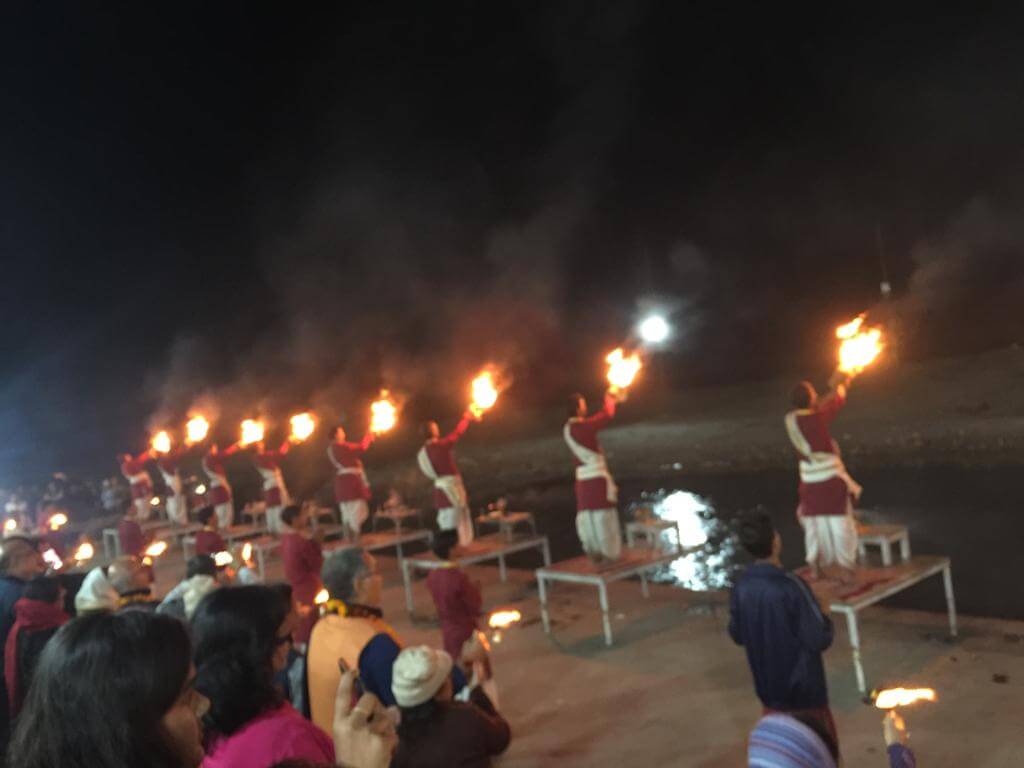




 By
By
 By
By
 By
By
An informative synthesis of the illusion and reality that usually obscures this difficult subject — and a pleasure to read.